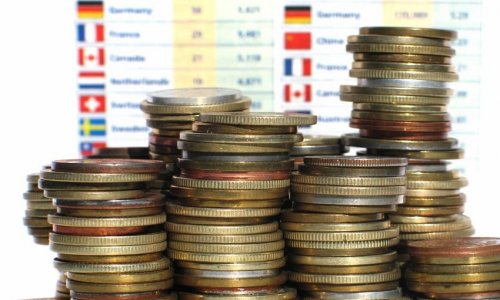Crude oil prices eked out minor gains on Asian trade Friday as the market adopts a cautious attitude considering the possibility that large oil producers may discuss a coordinated output cut to salvage prices.
Oil prices rose sharply overnight after Russia’s energy minister was reported by Russian news agencies as saying the world’s major oil-producing countries could meet in February to discuss a possible 5% cut in output. But the gains quickly faded after a senior official from the Organization of the Petroleum Exporting Countries refuted the claim of an emergency meeting or a possible cut.
On the New York Mercantile Exchange, light, sweet crude futures for delivery in March traded at $33.91 a barrel at 0611 GMT, up $0.69 in the Globex electronic session. March Brent crude on London’s ICE Futures exchange rose $0.79 to $34.68 a barrel.
Prices stayed largely stagnant on the news that the Bank of Japan unexpectedly introduced negative interest rates for the first time to stimulate inflation.
"The move will likely have minimal impact on oil prices because the physical market is oversaturated at the moment,” said Roman Kazmin, the head of LNG Asia at ICIS.
If more central banks around the world adopt similar approaches, the U.S. dollar will strengthen further, said Alex Poon, a vice president at Admis Limited, a futures brokerage firm in Hong Kong. As oil prices are denominated in dollars, a strong greenback means more expensive oil for traders holding foreign currencies.
Persistent oversupply squeezed prices to below $30 a barrel earlier this month and analysts say they will fall further without a significant reduction in supply or a drastic surge in demand.
As the leading oil cartel, OPEC has traditionally regulated its output to support prices. However, in the past two years, the group has reversed that tactic by letting production run freely to defend their market share in the face of stiffer competition from Russia, the U.S. and other non-OPEC players.
"The oil market is now reacting on a psychological level, rather than a fundamental one,” said Li Li, a research director with ICIS China.
The fact that prices in Asia still rose moderately after Saudi Arabia shot down the idea of a possible cut shows the market hasn’t completely given up hope for concerted effort to prop up prices, she added.
(WSJ)
www.ann.az
Follow us !











